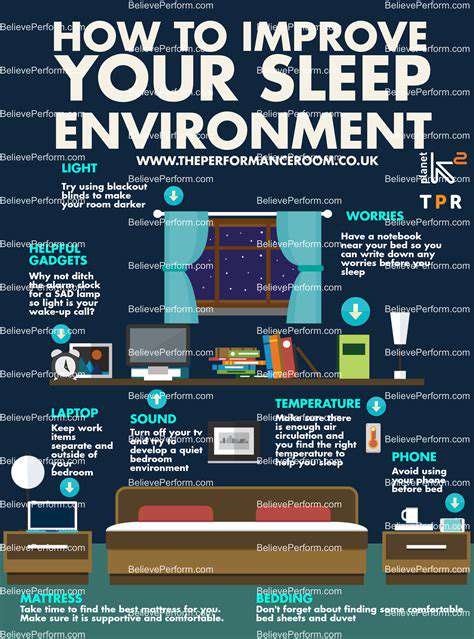Eating for Better Sleep Quality
Adequate hydration is essential for overall health and plays a significant role in sleep quality.Drinking enough water throughout the day helps regulate body temperature and keeps yourmetabolism functioning optimally. However, excessive fluid intake close to bedtime can lead tofrequent nighttime trips to the bathroom, disrupting your sleep cycle.
Aim to drink plenty of water throughout the day, but avoid large quantities before you go to bed.This will help to ensure your body is properly hydrated without interfering with your sleep. Abalanced hydration schedule, combined with good food choices, contributes to a more restful andproductive sleep experience.
Timing Your Caffeine Intake
Caffeine, while a common stimulant, can have a significant impact on your sleep quality if consumedtoo close to bedtime. The effects of caffeine can linger for several hours, meaning a cup of coffee ora caffeinated beverage in the late afternoon or evening may interfere with your ability to fall asleep.Therefore, it is essential to time your caffeine intake strategically.
To optimize your sleep, consider limiting your caffeine consumption in the afternoon and evening.This will allow the effects of caffeine to dissipate before bedtime, creating a more conduciveenvironment for restful sleep. If you are sensitive to caffeine, it may be necessary to avoid itentirely in the hours leading up to your desired sleep time.
Creating a Healthy Sleep Environment Through Diet

Optimizing Your Bedroom for Restful Sleep
Creating a conducive Sleep Environment begins with ensuring your bedroom is quiet, dark, and cool. Temperature plays a vital role in sleep quality, with most experts recommending a range between 60-67°F (15-19°C). Investing in blackout curtains or an eye mask can significantly reduce light exposure, which might interfere with your body's natural sleep cycle. Additionally, minimizing noise disturbances by using earplugs or white noise machines can help you fall asleep faster and stay asleep longer.
Choosing comfortable bedding and a supportive mattress can also make a considerable difference. Comfortable pillows that support your neck and spine are essential for preventing discomfort and ensuring uninterrupted sleep. Regularly cleaning your bedding and replacing worn-out linens contribute to a healthier sleep environment, reducing allergens and promoting better respiratory health.
The Impact of Electronic Devices and Distractions
Electronic devices such as smartphones, tablets, and computers emit blue light that can suppress melatonin production, making it harder to fall asleep. It is advisable to turn off these devices at least an hour before bedtime to allow your brain to wind down naturally. Creating a device-free zone in your bedroom helps establish a clear boundary between wakefulness and sleep time, promoting a more consistent sleep schedule. Instead, consider engaging in relaxing activities like reading a book or practicing meditation to prepare your mind for rest.
Distractions like notifications and alerts can also interrupt sleep cycles if devices are kept nearby. Turning off notifications or placing devices in another room ensures that notifications do not disturb your sleep or cause anxiety about missing important messages.
Maintaining a Consistent Sleep Routine
Developing a regular sleep schedule by going to bed and waking up at the same time every day helps regulate your body's internal clock. This consistency is crucial for improving sleep quality and ensuring you get enough restorative sleep each night. Avoiding large meals, caffeine, and alcohol close to bedtime can also enhance sleep by reducing discomfort and physiological disruptions. Establishing a calming pre-sleep routine, such as gentle stretching or listening to soothing music, can signal to your body that it's time to wind down.
Over time, maintaining a consistent sleep routine can help alleviate sleep issues like insomnia and improve overall health. Remember, patience and commitment are key to creating a sleep environment that fosters restorative and uninterrupted rest.











